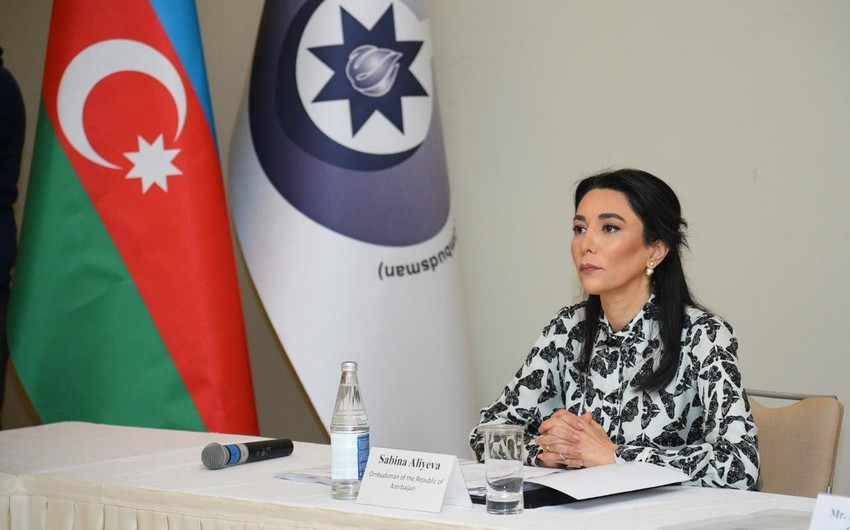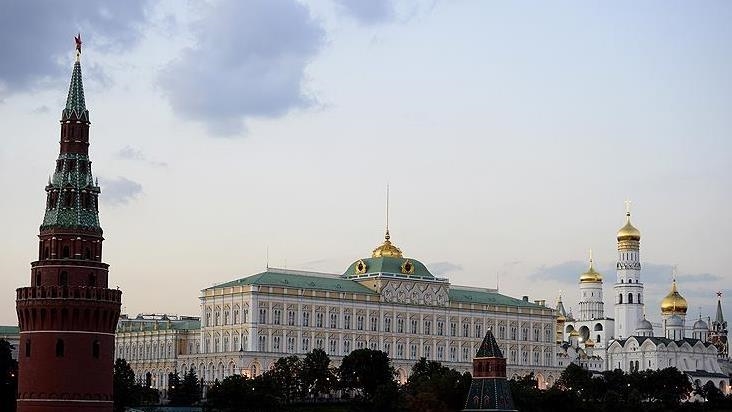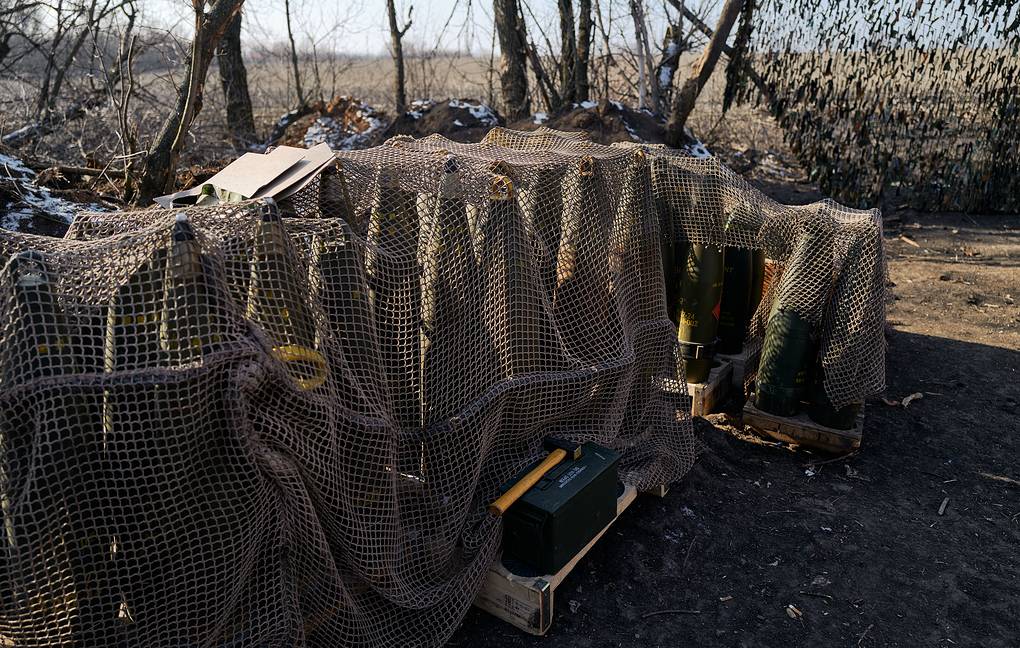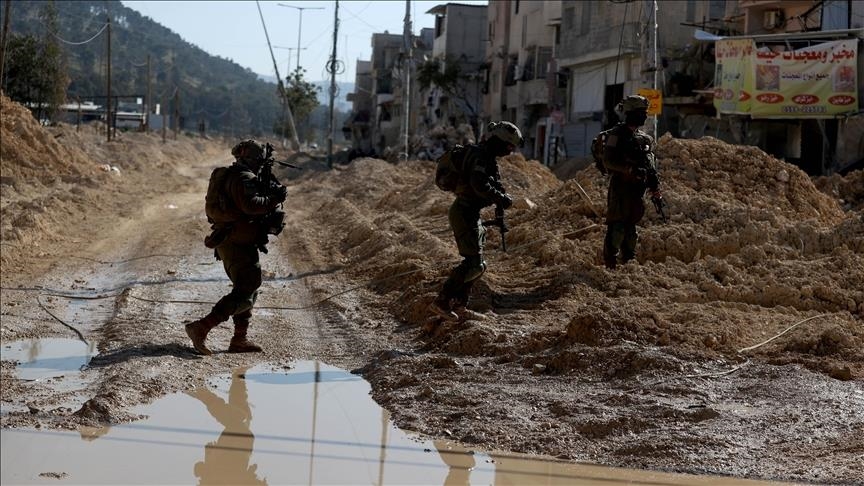The Ombudsman has issued a statement in connection with the Day of Azerbaijani Genocide.
In connection with the Azerbaijani Genocide Day on March 31, the Commissioner for Human Rights of the Republic of Azerbaijan (Ombudsman) has issued a statement.
The statement notes that for more than a century, Azerbaijanis have been deliberately subjected to genocide and ethnic cleansing by Armenians.
“As part of this policy, Azerbaijani Turks and Muslims have been systematically subjected to genocide crimes with particular cruelty in Azerbaijan and present-day Armenia since the beginning of the 20th century. The genocide acts committed against Azerbaijanis in 1918 are one of the bloodiest pages in our history, including mass killings based on ethnic and religious hatred, which have been engraved in memory. The anti-Muslim, anti-Azerbaijani policies carried out by Armenian nationalists led to mass massacres, the destruction of villages and towns, historical, religious, and cultural monuments, cemeteries, the complete annihilation of families, and the forcible expulsion of Azerbaijanis from their ancestral lands,” the statement emphasizes.
The statement also mentions that in Baku, Shamakhi, Guba, Karabakh, Zangezur, Yerevan, Nakhchivan, Lankaran, Ganja, Goychay, Sheki, Sabirabad, Salyan, Kurdamir, and other regions, mass massacres were carried out with the aim of erasing the presence of Azerbaijanis in these lands:
“During the March events, 110 villages of Shamakhi district, more than 150 villages in Karabakh, 115 villages of Zangezur district, 98 villages in Kars province, and 167 villages of Guba district were burned and completely destroyed by Armenians, and innocent civilians were ruthlessly murdered. The brutality, cruelty, and vandalism of this crime is clearly evidenced by the countless human bones found later in the city of Guba, which were victims of these massacres. The perpetrators of these crimes, Armenians, killed innocent people purely because they were Azerbaijanis, motivated by hatred.”
It is stated that the existence of verified documents and historical records is irrefutable proof of these atrocities:
“Archival data, testimonies from survivors, and other legal documents provide a detailed explanation of the scale of the massacres and confirm that these events were not isolated but aimed at ethnic cleansing and were carried out in a planned manner. The analysis of these documents proves that the crimes committed are, under international law, genocide crimes. Unfortunately, throughout history, there has still been no just stance taken by the international community regarding the genocidal acts carried out against our fellow countrymen on ethnic grounds.”
The Ombudsman’s statement also notes that the Decree of National Leader Heydar Aliyev on March 26, 1998, declared March 31 as the Day of Azerbaijani Genocide, and since then, relevant research has been carried out to politically and legally assess these acts of genocide and to uncover the truth:
“The political and legal assessment of the genocide crimes committed against Azerbaijanis, their international recognition, and the widespread commemoration of the victims is crucial in preventing the recurrence of such crimes against humanity. The international community must give political and legal recognition to the ethnic cleansing and genocide crimes committed against Azerbaijanis, recognize the crimes committed in 1918 as genocide, and make serious efforts to restore historical and legal justice.”
Madina Mammadova//EDnews










